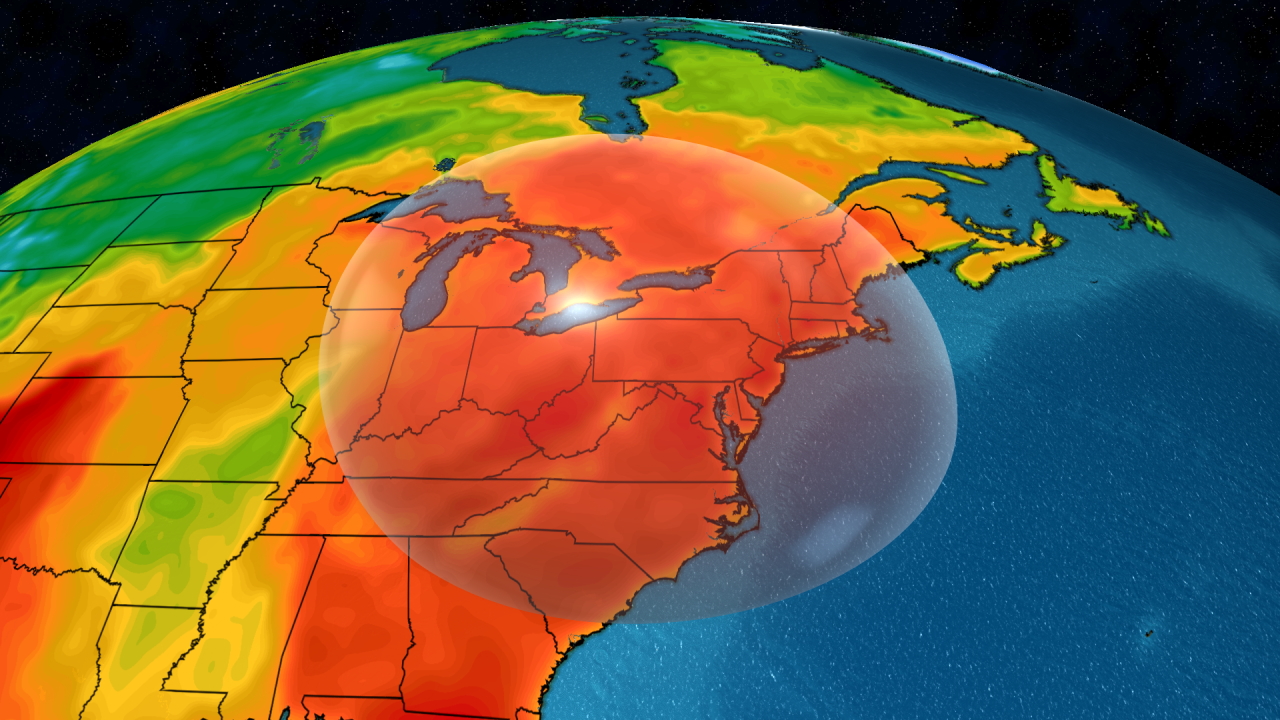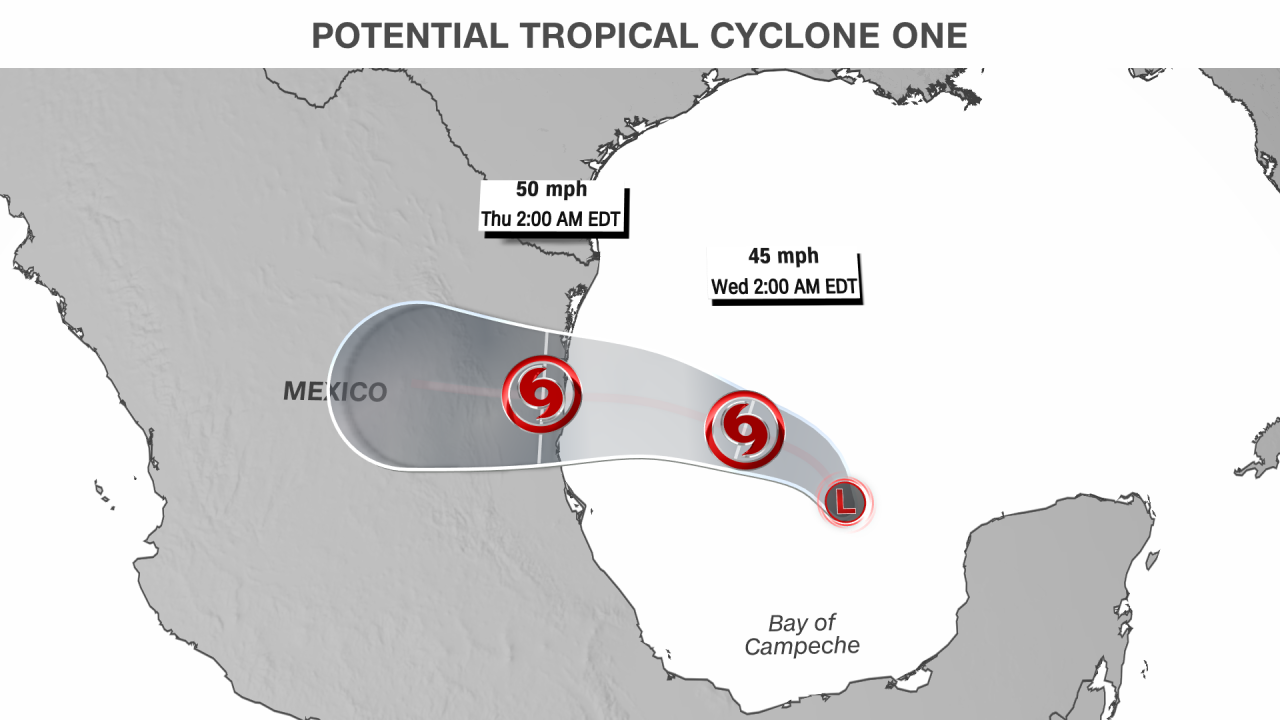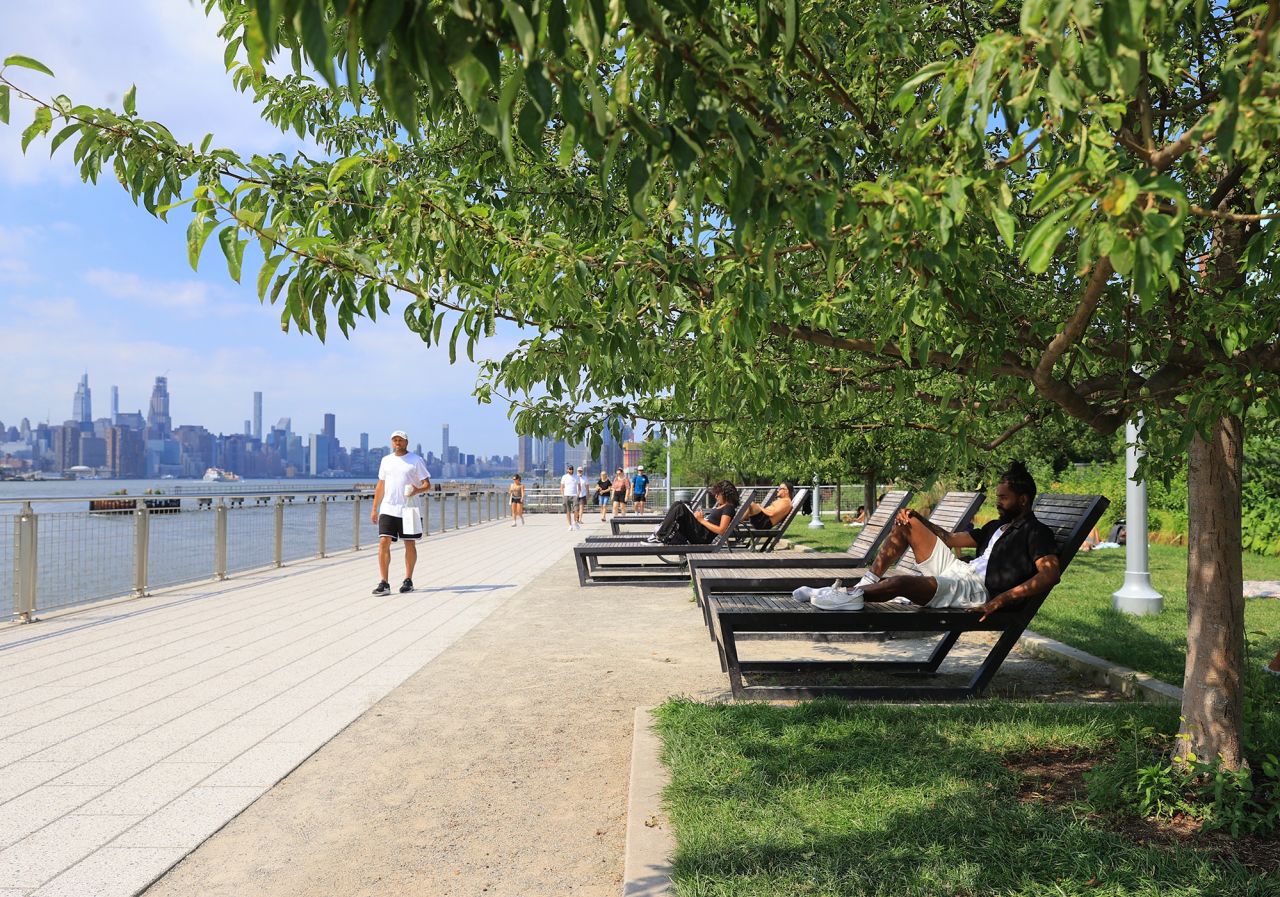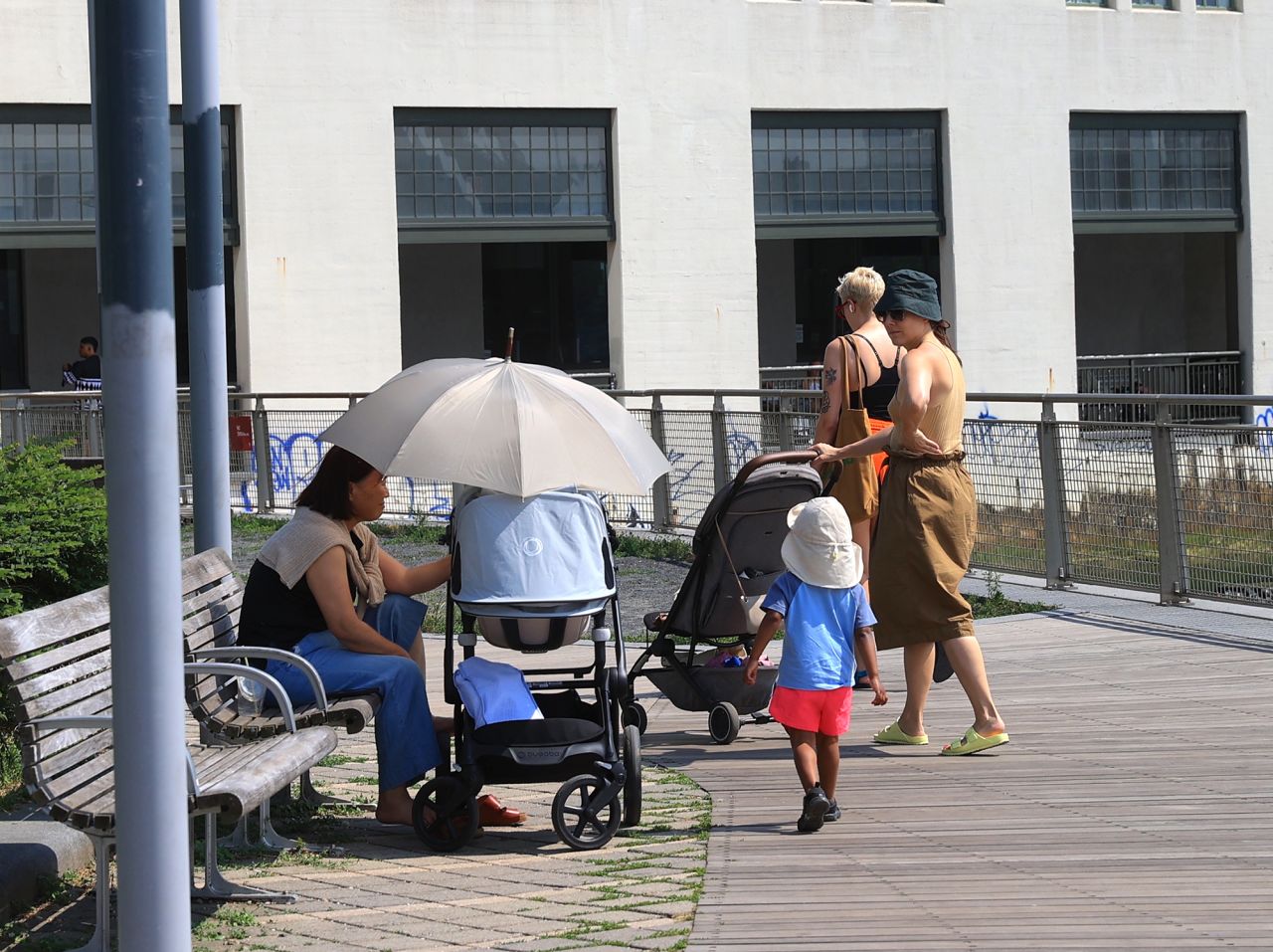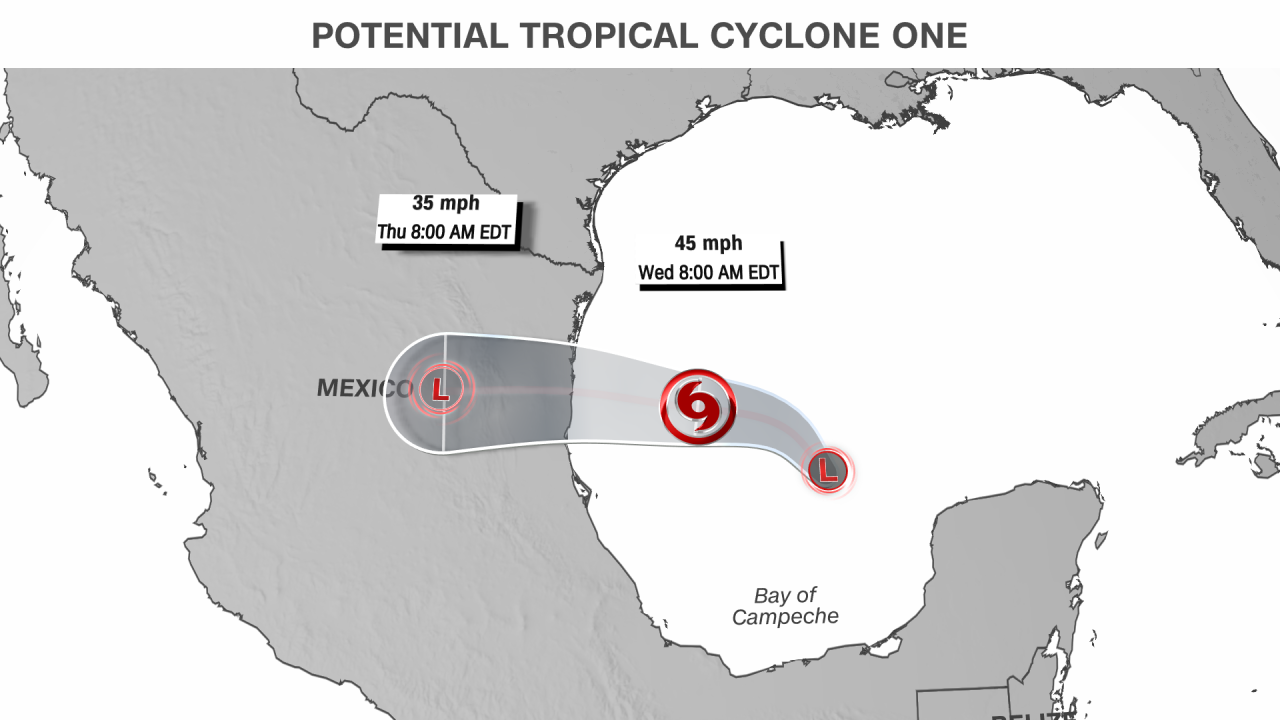
A scorching heat wave is sweeping across the Midwest and Northeast regions of the United States, bringing record-breaking high temperatures to numerous cities. The intense heat has already broken records in several locations, including Michigan, Cleveland, Buffalo, Albany (NY), and Caribou near Maine's northern tip. Temperatures are expected to climb well into the 90s and could even approach 100 degrees Fahrenheit in some areas. With humidity factored in, it may feel like temperatures are as high as 105-110 degrees.
The heat wave is not only affecting the Midwest and Northeast but also causing concerns for public health and safety. In Vermont, residents are being advised to find cooling sites during the heat wave. The state Department of Health provides a list of cooling centers, which includes designated cooling centers, public buildings with air conditioning, and outdoor sites with bodies of water.
However, not all cooling sites are free or open to the public at all hours. To check operating hours and fees, residents are encouraged to call the location or visit its website. It is also important for individuals to be aware of symptoms of heat illness and heat stroke.
The extreme heat is not only a concern for human health but also for natural environments. Wildfires have been tearing across southern New Mexico, destroying over 1,000 structures and forcing thousands to evacuate. In Texas, tropical storm conditions and torrential downpours are expected over much of the state's coast on Wednesday with a Level 3 of 4 risk of flooding in parts of southern Texas including Corpus Christi.
The heat waves are becoming more frequent and intense due to record warmth in oceans, which is fueling fears of a hyperactive hurricane season. Fires are also spreading faster and growing larger due to climate change. In New York state, heat-related emergency room visits have increased by 215% on Monday compared to an average June day.
It is crucial for individuals without access to reliable air conditioning to find a way to cool down during the heat wave. Record warm overnight temperatures will prevent natural cooling and allow the heat danger to build over time indoors without air conditioning. The National Weather Service advises that those in affected areas should stay hydrated, wear lightweight clothing, and avoid exertion.
Michelle Grossman, a meteorologist at CNN, emphasizes the importance of taking extreme heat seriously as it is the No. 1 weather-related killer.



